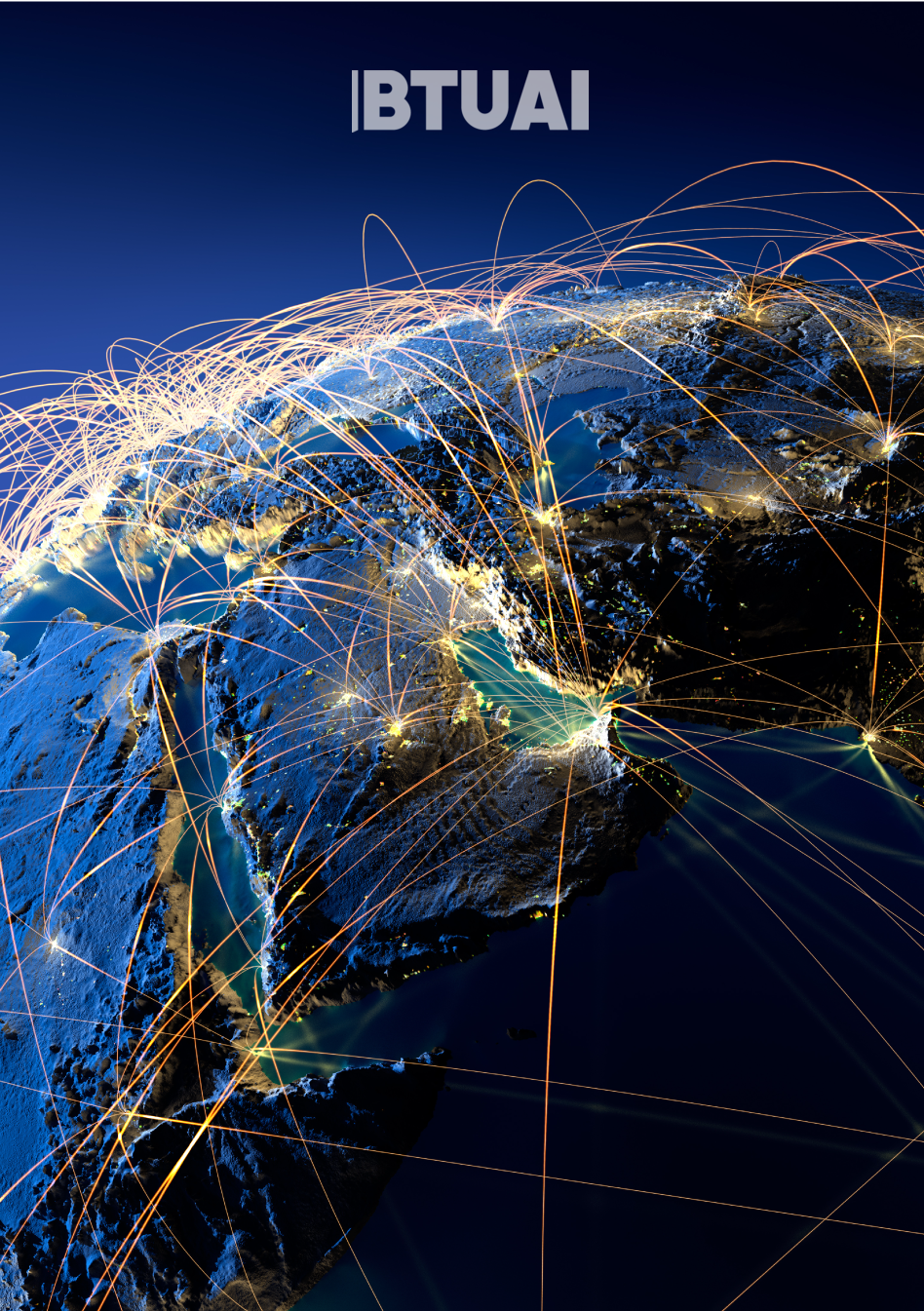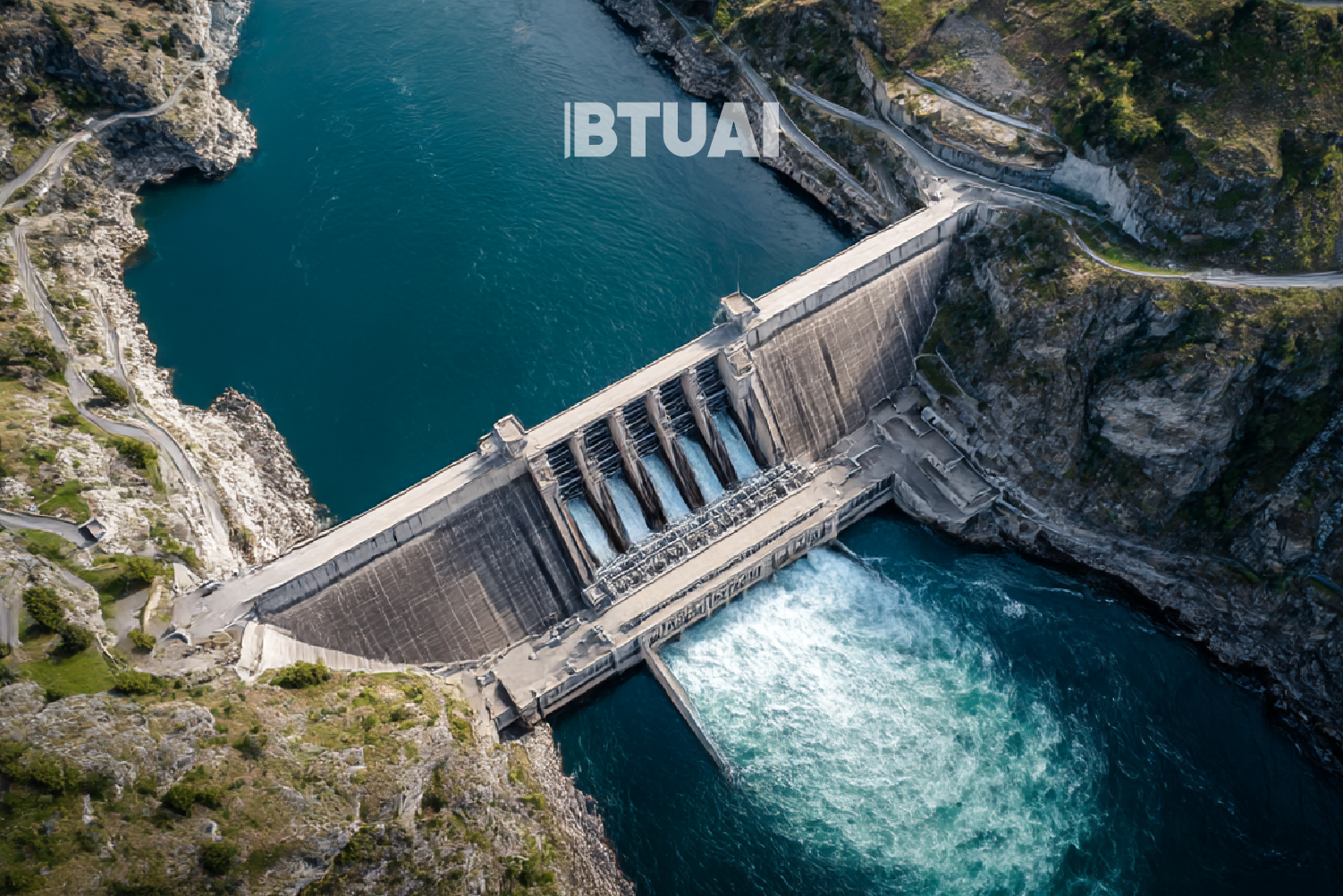Contours of the New World Order
In the modern global political landscape, existing geopolitical and economic threats are becoming more pervasive and multidimensional, creating new

In the modern global political landscape, existing geopolitical and economic threats are becoming more pervasive and multidimensional, creating new challenges in shaping the world order. The outcome of the U.S. presidential election has significant implications for international stability, especially in the context of Donald Trump’s return to power, which threatens to bring major changes not only to America but also to its global partners and allies. Trump’s political strategies and uncertain approach to global security issues are creating the contours of a new geopolitical order, which is still in the process of formation.
The rapid actions of Ukrainian President Volodymyr Zelensky and Israeli Prime Minister Benjamin Netanyahu following Trump’s victory indicate that these leaders are trying to quickly secure Trump’s favor in a time when global stability is increasingly threatened and international relations are becoming more complex. Zelensky emphasizes Trump’s “energetic leadership” and his principle of “using strength for peace,” though his goal may be to protect Ukraine’s interests as much as possible in light of potential policy changes that could involve compromises on Ukraine’s territorial integrity and the end of the war between Ukraine and Russia. At the same time, Zelensky will seek to strengthen international support to ensure Ukraine’s long-term security.
Netanyahu’s goal is to gain more flexibility for Israel in regional conflicts in which it is actively involved, but he also fears that Trump’s aim of “ending wars” could mean a reduction in aid to Israel and a weakening of close military coordination. Given the growing tensions with Iran, which poses an increasing threat to regional stability, Trump’s position could be crucial for Israel. The progress of Iran’s nuclear program, the economic and military rise of China, and Russia’s aggressive policy in Ukraine all create significant risks of global conflict escalation. Trump’s uncertain geopolitical strategies introduce new threats that impact both regional and global stability.
The uncertainty of U.S. policy and the potential weakening of its alliances is pushing allies to consider ways to strengthen their own defense strategies. European countries like Germany and France are trying to strengthen their defense capabilities and develop new strategic approaches that will allow them to address security issues independently of the United States. Defense ministers from Germany and France held an emergency meeting in Paris to discuss joint security strategies and strengthen European security policy, signaling Europe’s growing aspiration for independence in the defense sector. The concept of European “strategic autonomy” strengthens the region’s ability to create conditions necessary for global stability, especially when U.S. international policy remains uncertain.
Similar challenges are arising in the Asian region. The Taiwanese government is concerned that under Trump’s presidency, the U.S. might abandon Taiwan’s defense or reach an agreement with China at Taiwan’s expense. South Korea is also worried that Trump will again demand additional funding for the deployment of American troops, posing additional threats to regional security. It is essential for South Korea’s government to develop new defense strategies that allow it to reduce reliance on American military support and strengthen its own defense capabilities. Australia is also working on developing independent strategies to be prepared for any unexpected changes that may occur under Trump’s administration.
The biggest challenge that lies ahead, given the anticipation of Trump’s administration’s decisions, is its approach to the international order and relations with allies. The uncertainty of Trump’s policy causes fear that U.S. allies may find themselves facing threats alone. Countries in Europe, Asia, and the Middle East are trying to establish new security measures that will allow them to act more independently and be less reliant on U.S. support. This includes strengthening military strategies, considering the possibility of developing nuclear weapons, and forming new alliances to ensure their security.
The contours of the new world order are still being formed, but it is clear that U.S. allies are already trying to grow and strengthen themselves in ways that make them less dependent on traditional security guarantees. Trump’s victory increases the chances that the world order will change significantly, and international relations will become more unpredictable and complex. These changes bring new challenges for international stability but also offer countries the opportunity to develop new strategic alliances and find new ways to protect their interests.
U.S. allies are striving to maximize their resources and strengthen defense strategies, which will allow them to maintain stability in any situation. This new order means that countries will seek to create new partnerships and alliances to ensure global stability and security. The European Union, for example, is actively trying to solidify the concept of European “strategic autonomy,” which implies that Europe should be able to ensure its own security without relying on U.S. military support.
Trump’s uncertain and often contradictory policy toward allies could prompt some countries to start developing nuclear programs to ensure their own security. Such a move would increase the risk of nuclear proliferation, which in turn poses a significant threat to global security.
The new world order is characterized by instability and unpredictability, forcing countries to develop more flexible and independent strategies. Trump’s return to the U.S. presidency brings numerous challenges, but it also offers countries the chance to find new paths and create new strategic alliances to maintain global geopolitical balance. In this new phase of international politics, countries must protect their interests in the global geopolitical space and develop strategic ways to ensure a safe and stable environment for the future.




